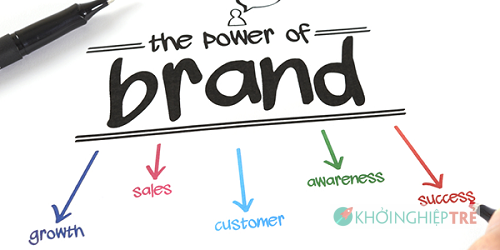Research on small and medium enterprises led by women in Vietnam – Situation Analysis and policy recommendation: WOB Position Paper_English
This report presents the results of a study on women-owned SMEs in Viet Nam, which was conducted to provide policy recommendations on the support needed for women’s enterprises in Viet Nam. The findings and recommendations of this study are
based on two sources: (i) interviews and group discussions with women business owners, and policy workshops on women-owned and female, laborintensive small and medium-sized enterprises (SMEs); and (ii) the results of the enterprise survey conducted by the government’s General Statistics Office (GSO 2014).
The findings and recommendations of this study are as follows:
• Although women-owned SMEs are supposed to be supported by the government in Viet Nam, there is no official definition of a woman-owned SME in any government policy. For government agencies at all levels, this leads to difficulties in identifying which businesses are eligible for support, and this is also an obstacle to developing effective policies for supporting womenowned enterprises in order to achieve
the objectives of the National Gender Equality Strategy 2011–2020.
• Women-owned SMEs in Viet Nam are primarily micro and small enterprises and operate mainly in the services sector. In total, 98.8% of women’s enterprises are micro and small enterprises, and 61.4% operate in the services sector. These characteristics
are the same for women-owned SMEs in other countries (IFC 2014), and they suggest that there are considerable disadvantages facing women-owned enterprises, and that they need special support.
• Women-owned SMEs play an important role in Viet Nam’s socioeconomic development. Womenowned SMEs comprise 25% of the total number of active SMEs in Viet Nam, which is a higher percentage than in other countries in South Asia, the Middle East, North Africa, and SubSaharan Africa. Women-owned SMEs in Viet Nam (i) operate mainly in the services sector (61.4%), which is a more “green” (environmentally friendly)
area of the economy; (ii) employ a higher percentage of female workers than is the case with SMEs owned by men (43.4% vs. 36%); (iii) spend less per individual worker on wages than is the case with SMEs owned by men (1.2 billion VND vs. 1.7 billion VND/ worker); (iv) contribute slightly more to the national budget in taxes per worker than is the case with SMEs owned by men (24.9 million VND vs. 24.2 million VND/worker/year); and (v)
spend slightly more on social insurance than is the case with SMEs owned by men (social insurance contribution: 36% vs.35%).
• A policy to provide support to women-owned SMEs has been issued by the government, but it has not been implemented. Decree 56/2009/ ND-CP on SME development support mentions women-owned SMEs, and the National Gender Equality Strategy for 2011–2020 also mentions support to women-owned SMEs; however, these
policies have not been implemented in practice because: (i) there is no official regulation that defines a women-owned SME; and (ii) the agencies responsible for guiding policy implementation think that women entrepreneurs are the same as all workers who are subject to the Labor Code and other legal provisions, and as owners of SMEs, women
benefit from the same SME policies as men. Thus, no special support for women-owned SMEs has been seen as necessary.
• Women-owned SMEs still encounter many obstacles in developing their enterprises. The obstacles commonly identified by women entrepreneurs are
lack of knowledge, market information, trade promotion, resources, and opportunities to network for business development. For example, 55% of women business owners state that they need training and other support to develop their knowledge (IFC 2006),
and 33.8% of the women owners of SMEs have a college education or less (GSO 2014). In addition, women entrepreneurs have other issues such as balancing work and taking care of their family. Meeting family needs can take a great deal of a woman entrepreneur’s time, which is a limitation for women in building their business, and their business network.
• The role played by women entrepreneurs’ associations in supporting the development of women-owned SMEs is still very limited. Women entrepreneurs’ associations have not yet been recognized by government as one of the official channels for collecting or disseminating information, and so have not been consulted in building support
programs. Enhancing the capacity of the women entrepreneurs’ associations is necessary so that they can promote the development of women-owned SMEs.
Based on studies on gender and development, other literature on women’s SMEs, and current laws, this study makes some recommendations.




